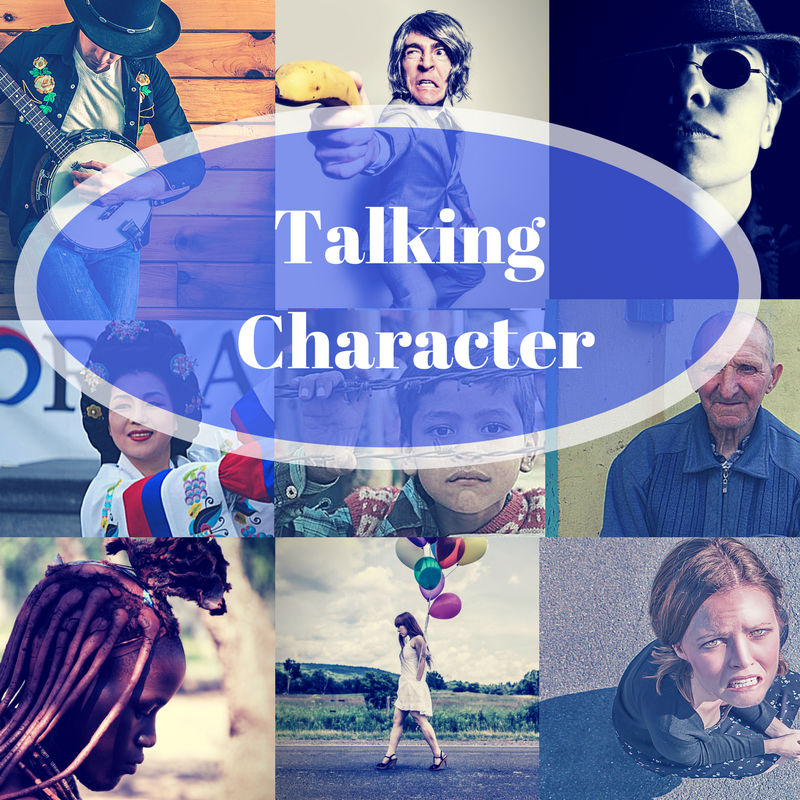
Romancing Your Story
What Do Your Characters Want and Why?
What drives your character? What is his or her motivation for pursuing their goals, whether it’s defusing an atomic…
November 23, 2020
What drives your character? What is his or her motivation for pursuing their goals, whether it’s defusing an atomic…
November 23, 2020
Plot and character. Two halves of any great story. Both are critical, whether you are telling a character-driven literary…
January 20, 2018
What is your main character’s goal? The thing that drives her through the story, no matter how many obstacles…
February 19, 2017
We writers love our protagonists. We give them a few flaws and quirks, but we know that underneath their…
December 19, 2016